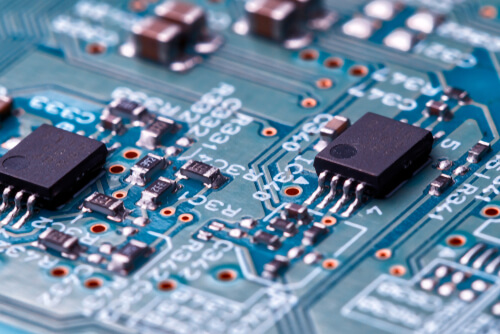Archive for March 2019
HIPAA Guidelines for Shredding Medical Documents
The medical community has a legal and ethical responsibility to appropriately manage and destroy patient records to prevent dangerous data breaches. If patient documents go missing or are improperly disposed of, the risk of identity theft is quite high. Fortunately, the Health Insurance Portability and Accountability Act (HIPAA) Privacy Rule is designed to ensure optimal…
Read MoreE-waste Recycling Gone Wrong
When our electronics break or we replace them with newer and more advanced items, it is imperative to go to a certified recycler. However, not all recycling companies follow proper recycling protocols when processing these goods. There are serious risks when consumers take their obsolete or broken electronics to an illegitimate recycler. For example, many…
Read MoreCell Phone Disposal and the Environment
Over the last few decades, the cell phone evolved from a pricey upper-class commodity to a daily necessity now available to the general public. New models with even better features are released regularly, prompting consumers to jump at the chance to replace their old phones with the best products on the market. Because of rapid…
Read MoreTypes of Metals Found in Electronics
Sooner or later, you are bound to replace your electronics due to damage, obsolescence, or changes in preference. Before you throw anything in the trash, however, consider the benefits of recycling your old or broken items. Electronics contain a variety of precious metals that can be used to create new products. Not only does recycling…
Read More



